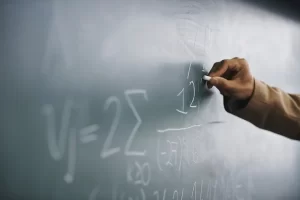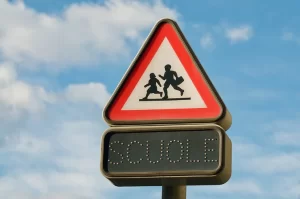Summer break is here and kids are ready to have fun! As a parent, you want your kids to have fun AND still keep up the momentum of their academic progress they created over the school year. Can you have both?
YES!
Check out this list of fun AND educational family outings around Dallas, TX. We even provide you with sample activities and ways to ensure you create ample opportunity for learning.
Trinity Audubon Center
This amazing nature preserve is located just 10 miles south of downtown Dallas and provides so many activities for the whole family to enjoy. You can go on your own and just explore the different plants and wildlife or take part in some of their many guided activities such as guided hikes and kid’s educational programs. The center even has a library of online educational content.
Bring a bird book and look for different types of birds. Have your child point out the bird and try to match with birds in the book to identify different species. Bonus: The center has bird coloring pages you can print out too. Let your child pick their favorite to print out and color.
Old City Park
Old City Park is home to the largest and finest collection of 19th century and Victorian homes and commercial buildings in Dallas, TX. Enjoy this 20-acre tree shaded park and see what life was like over 100 years ago.
The park has free admission so you can stroll around at your own pace and explore or you can sign up for one of their guided tour options.
Old City park also features a number of kid’s programs such as their Barnyard buddies club for kids ages 12 months to 4 years. Kids will enjoy story time and activities that they can complete with their parent. They also offer different workshops and girl scout programs on site as well.
Create a scavenger hunt with the different buildings in the park. Farm, School Home, Gazebo, Park, Hotel, & Main Street. Once you arrive at the location, talk to your child about how these buildings look different from the buildings they are used to seeing.
Dallas Children’s Theater
Dallas Children’s museum has a packed schedule of plays for the whole family as well as theater classes for children Pre-K through Teen. Bring the whole family for a show and then ask your child about their favorite parts after it’s over. Plays are amazing conversation starters for kids. You will be amazed at what they remember about the show!
The Dallas Firefighter Museum
Visit the Dallas Firefighters Museum for a fun and interactive trip into the history of the fire department. You can see steam engines from as long ago as 1884, fire equipment and materials from across the decades & original helmets and uniforms. Kids can dress up in firefighter uniforms to get the full experience! The museum even has a number of activities you can print out from their website for kids to do.
Dallas World Aquarium
Does your kid love animals? Don’t miss the Dallas aquarium where you can explore different exhibits such as the Rainforest, South Africa, Aquarium, Mundo Maya, Orinoco, & Borneo. Each area has its own unique animal life you can discover and explore! Be sure to grab a map to scan the QR code that will give you tons of information about all the animals you encounter!













